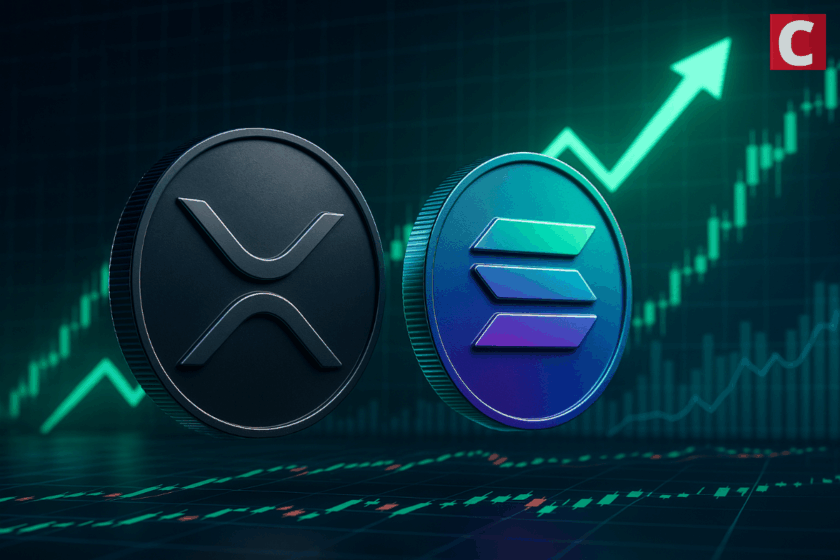Web 3.0: Coinbase the Google of Crypto, Ripple the Microsoft?
October 6, 2018 by Paul de Havilland
Brian Armstrong claims Coinbase will become the Google of crypto in the era of Web 3.0. Philip Nunn dubs Ripple the Microsoft of crypto. Are they on the money?
Also see: Why Cloud Mining Needs to Be Trustless: Marco Streng of Genesis Mining
Subscribe to the Bitsonline YouTube channel for great videos featuring industry insiders & experts
Web 3.0–The Internet of Value
Web 3.0, or the internet of value, is a term that gets bandied around a lot to validate cryptocurrencies and blockchain and the role they will play in the way our interactions and transactions will take place in the not-too-distant future.
As Coinbase CEO Brian Armstrong puts it in an interview with Fortune:
“Web 1.0 was a lot about publishing of information on the web. Web 2.0 where Google really kind of took off, among other companies, was about interaction on the internet and messaging and sharing data. Web 3.0, we think, is going to be about value transfer on the internet. I think Coinbase can be the Google of crypto in the sense that this new way that applications are being built on the internet, Web 3.0, we can be the leading company in the world for that.”

Coinbase Is to Google As Ripple Is to Microsoft
As Coinbase seeks to position itself as the next indispensable tool of the internet, Ripple has been likened to an IT behemoth that spent the best part of twenty years trying to catch up with technology developing much faster than its flawed and clunky products could handle.
Ripple Labs would surely argue its design and aesthetic imagery bests Microsoft on its worst of days. It also has technology that works. Though the parallel inappropriacy doesn’t end there.
Microsoft, known for its ungainly embrace of any piece of ill-conceived software and hardware produced, differs starkly from competitor Apple, whose sovereignty over what it allowed in its ecosystem and paranoia around its brand identity made it a niche company until it gorged itself on the mass marketing of mobile phones.
Ripple operates a notoriously centralized cryptocurrency that works seamlessly. But it hardly embraces the open source, decentralized spirit that blockchain represents. Yet CEO of The Blackmore Group and Wealth Chain Group, Philip Nunn, seems impressed:
I’ve never been a supporter of #ripple $xrp
But boy they are making some serious moves. And the fact I have issues with their offering are being put aside for now as they become so important in flying the #crypto #blockchain flag
They will be come the Microsoft of #crypto
— Phillip Nunn ? (@PhillipNunnUK) October 2, 2018
Is Ripple the Microsoft or Garlinghouse the Gates?
It is not entirely clear in this tweet what “the Microsoft of crypto” means, and whether labeling Ripple the Microsoft of crypto is a positive or negative thing. In any other context it could be taken to indicate extreme sarcasm. I doubt Brad Garlinghouse would appreciate being known for producing clunky, disposable, virus-prone technology.
Nunn’s point appears to be that, while Microsoft’s technology was the bad egg to Apple’s good, Bill Gates’ focus on adoption, at the expense of product, was the recipe for his company’s success:
“The genius of Bill Gates was the fact he was in early and timing was everything. Whilst others were focusing on product development, he was focusing on adoption. Windows, Excel and Word are the go-to tool for every business. The next wave of crypto is all about adoption: those who crack that will succeed and those who don’t will fail. XRP and Ripple are getting into all the banks and positioning themselves.”
Nunn’s assertion is that Brad Garlinghouse is the Bill Gates of the modern web–a businessman prepared to allow the whiff of business opportunity to temper the spirit of decentralization.
Have your say. Is Coinbase the Google and Ripple the Microsoft of crypto?
Images via Pixabay




